Glencoe Biology - Chapter 1: The Study of Life
1/30
There's no tags or description
Looks like no tags are added yet.
Name | Mastery | Learn | Test | Matching | Spaced |
|---|
No study sessions yet.
31 Terms
adaptation
inherited characteristic of a species that develops over time in response to an environmental factor, enabling the species to survive.
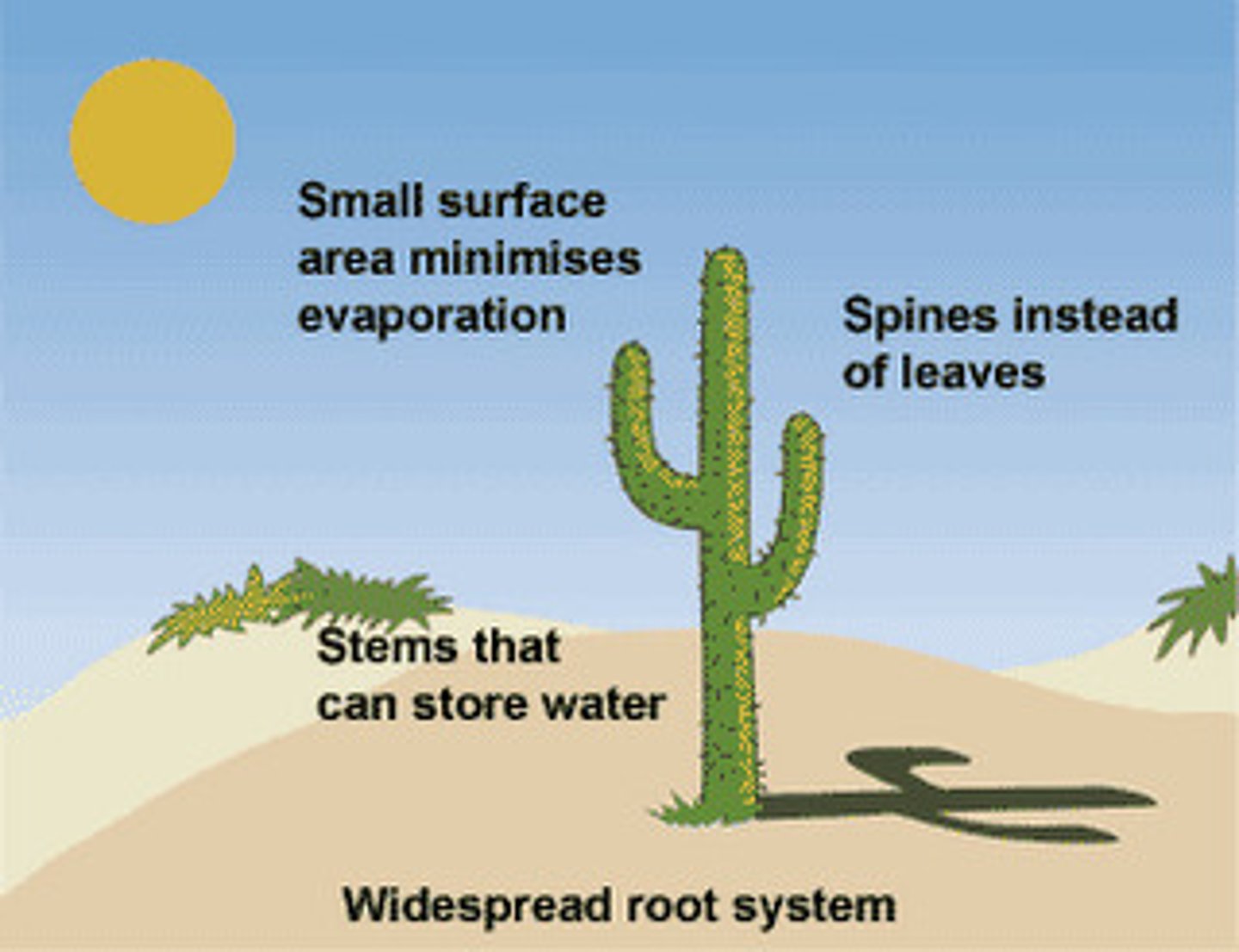
biology
the scientific study of life
constant
factor that remains fixed during an experiment while the independent and dependent variables change. it keeps the experiment fair
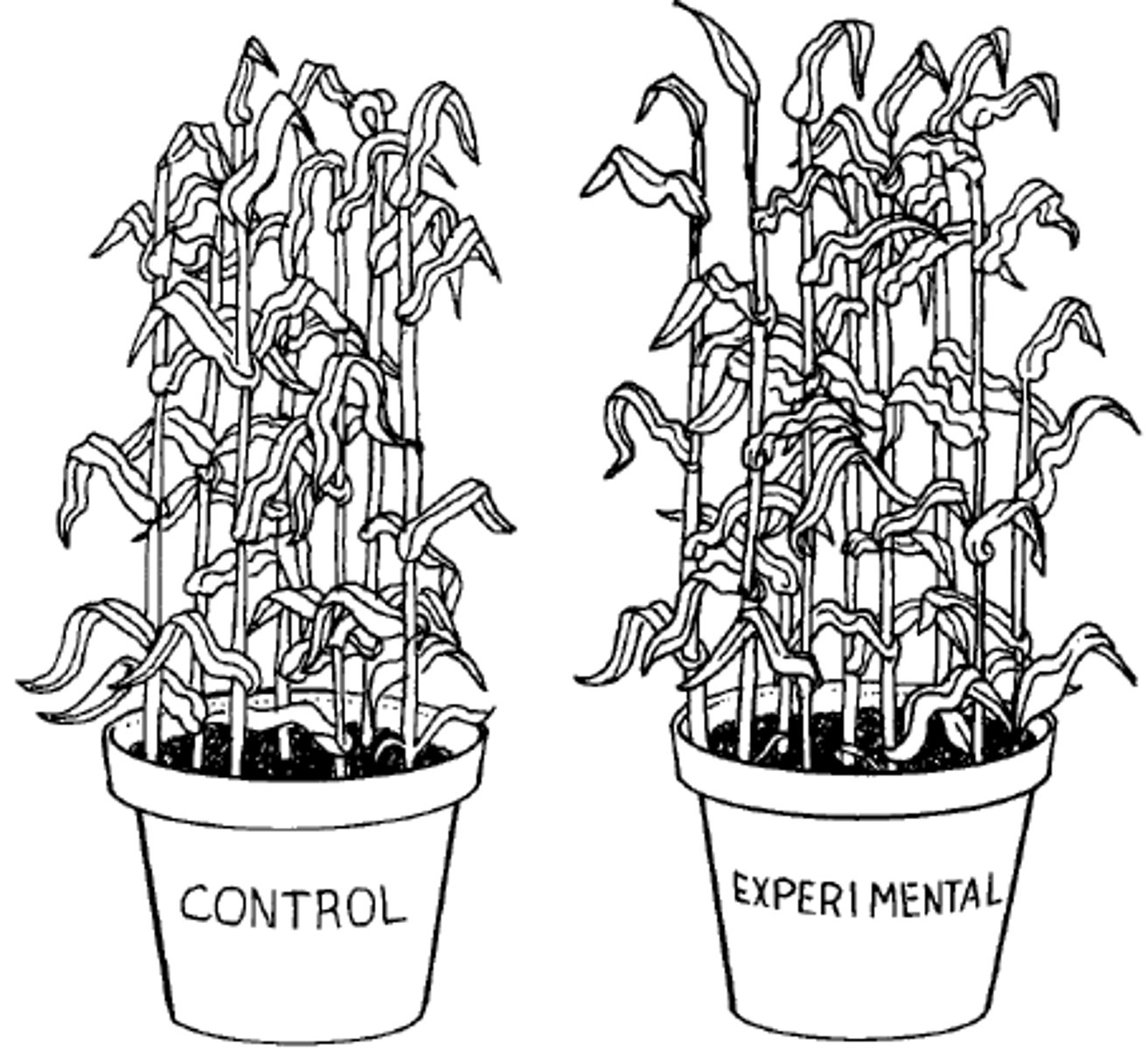
control group
The side of an experiment not receiving the factor being tested.It is used for comparison
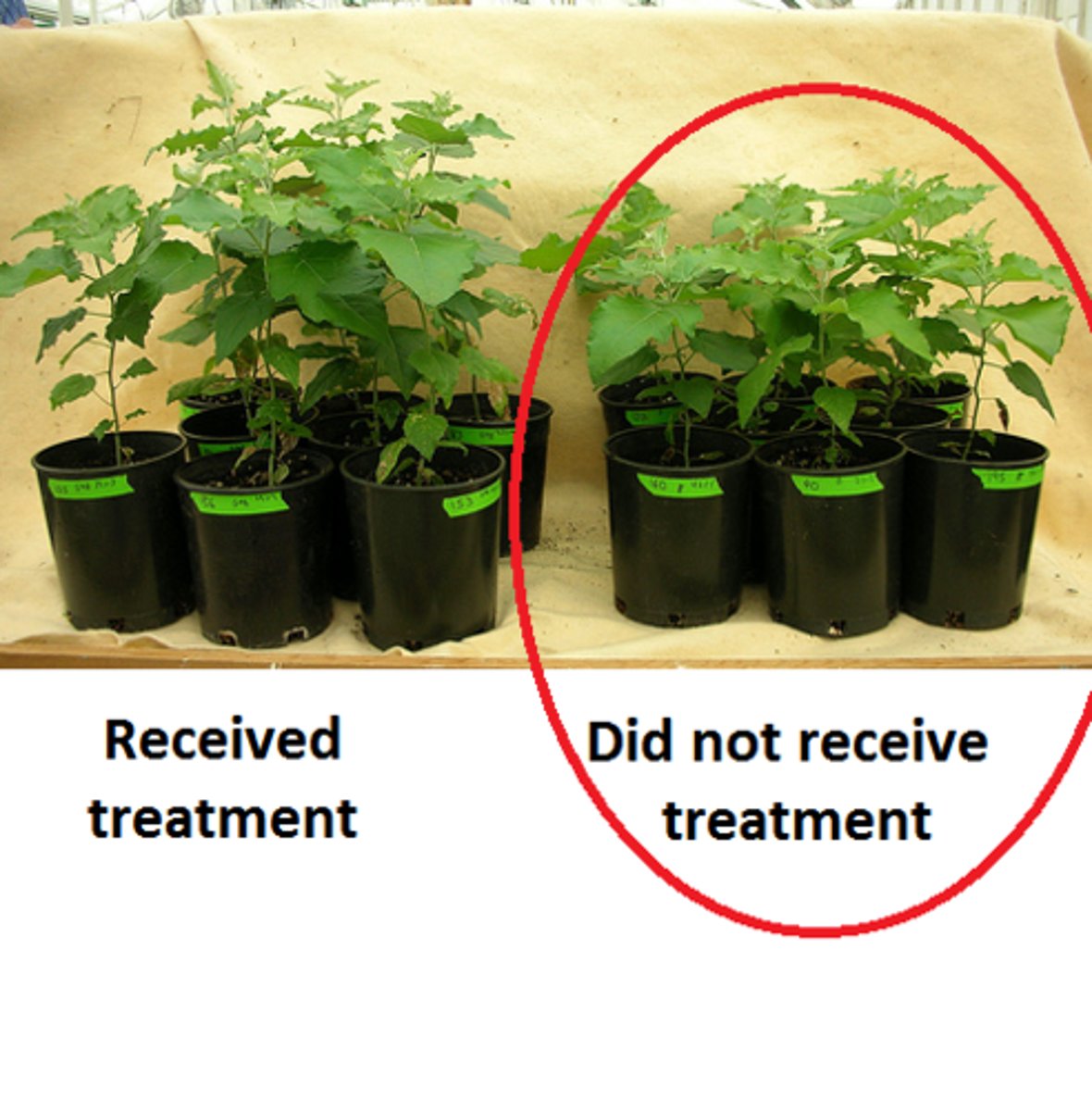
data
quantitative or qualitative information gained from scientific investigation.
dependent variable
Also called the responding variable. A factor being measured in a controlled experiment; its value changes because of changes to the independent variable. Yields data
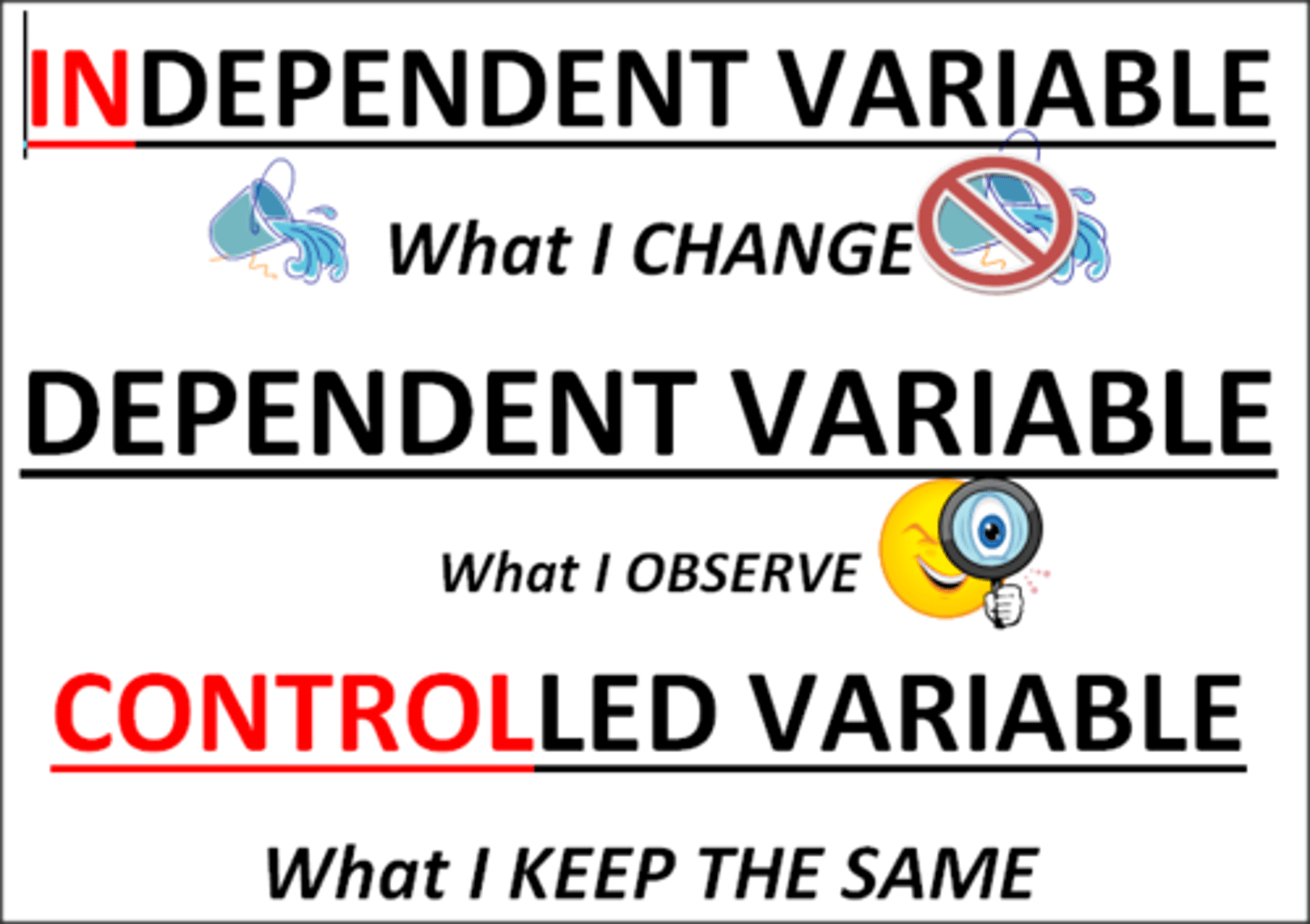
development
changes an organism undergoes in its lifetime before reaching its adult form.
ethics
the principles of right and wrong that guide an individual in making decisions

experiment
procedure performed in a controlled setting to test a hypothesis and collect precise data.
experiment group
in a controlled experiment, the group receiving the factor being tested.
forensics
the field of study that applies science to matters of legal interest and other areas such as archaeology.
growth
process that results in mass being added to an organism; may include formation of new cells and new structures.
homeostasis
regulation of an organism's internal environment to maintain conditions need for life.
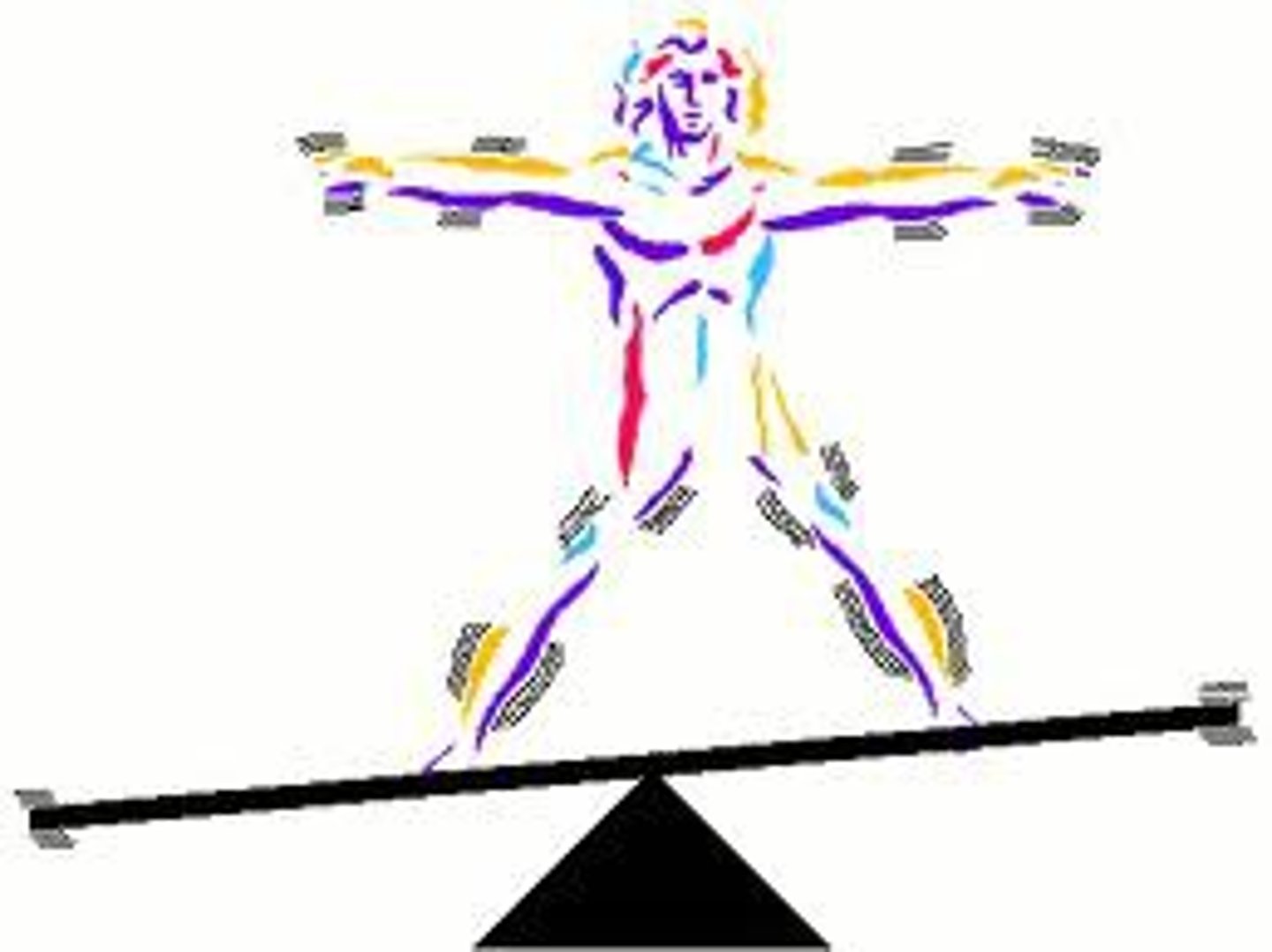
hypothesis
testable explanation of a situation.
Independent variable
Also called the experimental variable. It is the one factor that is changed in a controlled experiment; the factor tested that affects the experiment outcome.
Inference
assumption based on prior experience.
observation
orderly, direct information gathering about a natural phenomenon.
organism
anything that has or once had all the characteristics of life. (HOGRIMER)
organization
orderly structure shown by living things.
peer review
a process in which the procedures used during an experiment may be repeated and the results are evaluated by scientists who are in the same field or are conducting similar research.
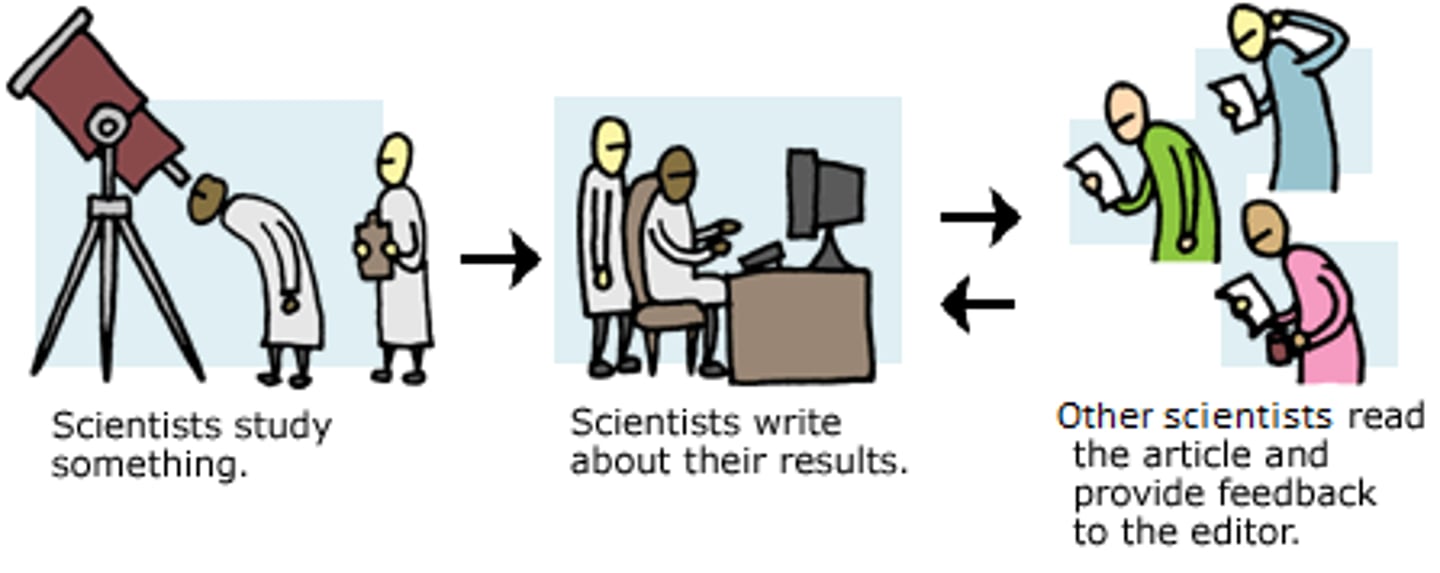
reproduction
production of offspring.
response
organism's reaction to a stimulus.
safety symbol
logo representing a specific danger such as radioactivity, electrical or biological hazard, or irritants that may be present in a lab activity or field investigation.
science
a body of knowledge based on the study of nature and its physical setting.
scientific method
a series of problem-solving procedures that begin with observations and include forming a hypothesis, experimenting, gathering and analyzing data, and drawing conclusions.
species
group of organisms that can interbreed and produce fertile offspring
stimulus
any change in an organism's internal or external environment that causes the organism to react.
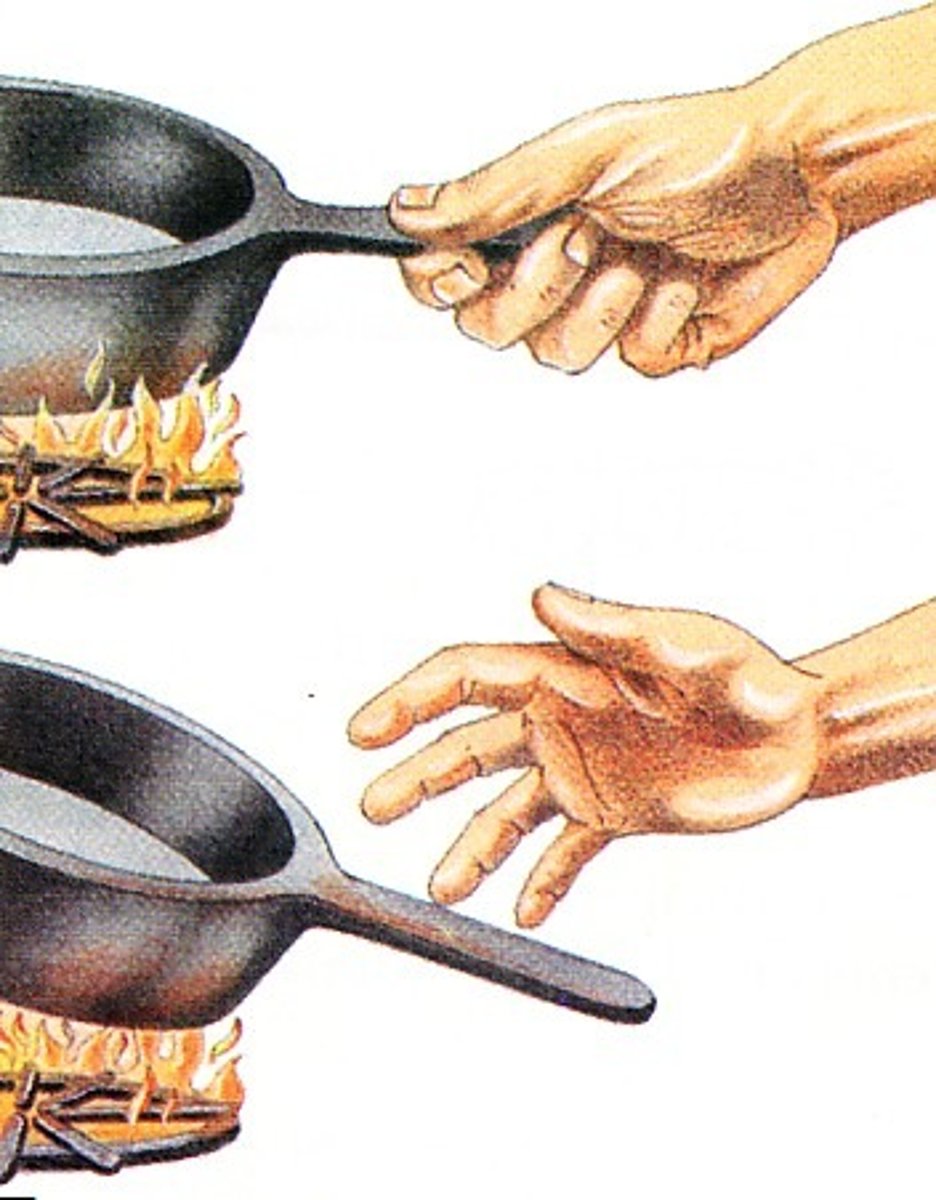
Theory
well-tested explanation that unifies a broad range of observations
pseudoscience
set of claims that seems scientific but isn't
Qualitative Data
descriptive data
Quantitative data
numerical data